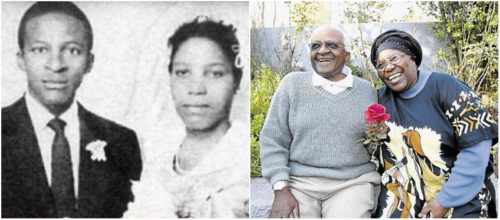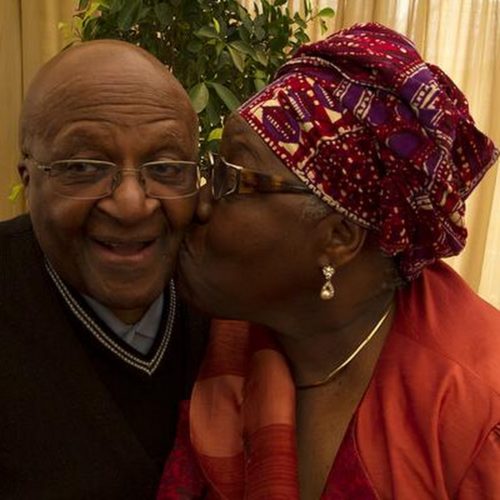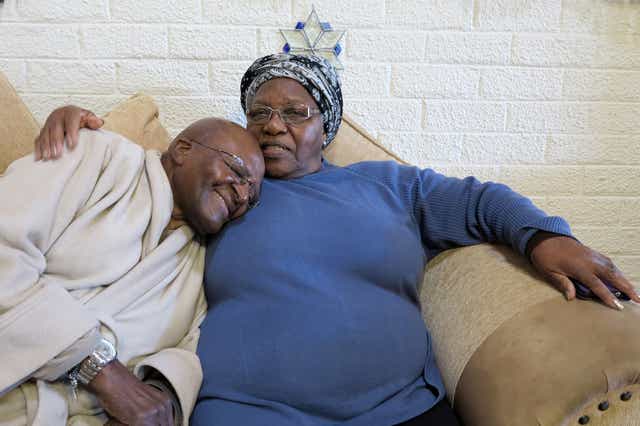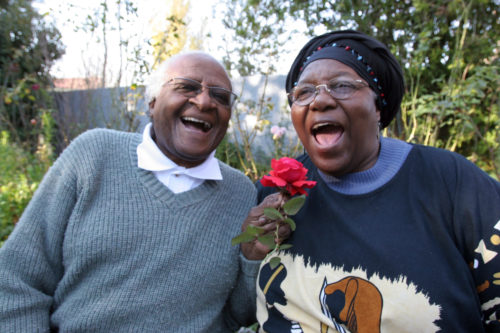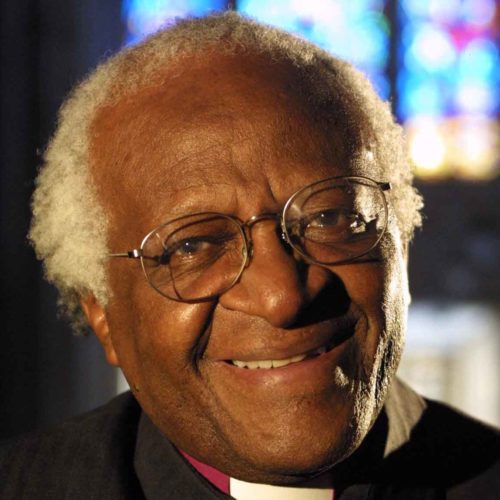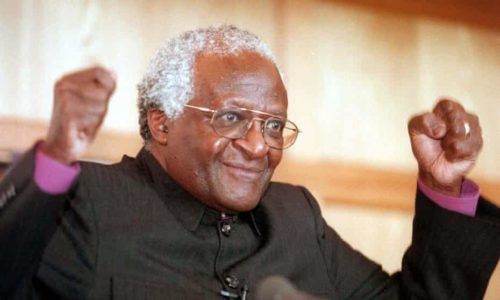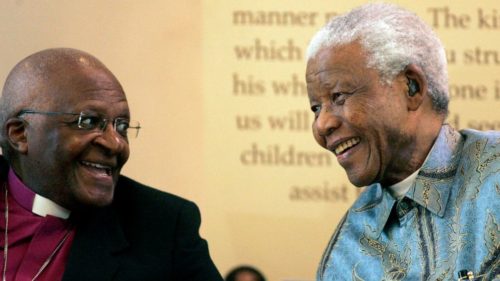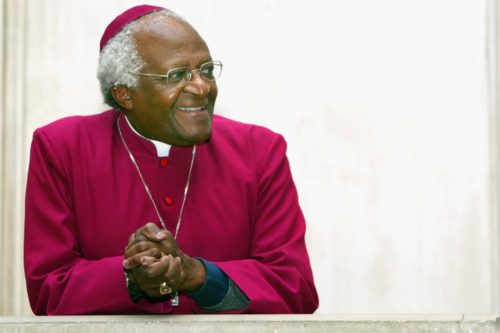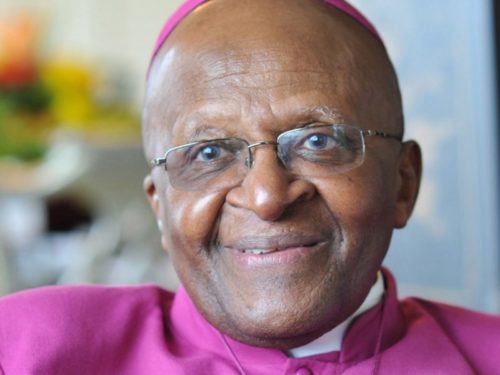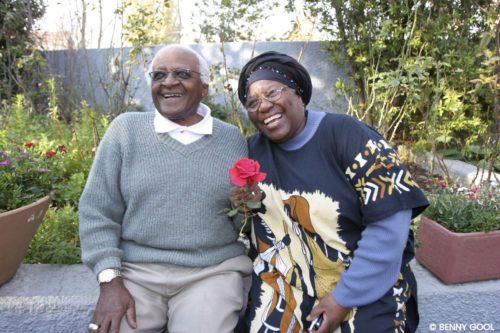Desmond Tutu 10 Personal Facts, Biography, Wiki
South African theologian Children: Mpho Andrea Tutu, Trevor Thamsanqa Tutu, Naomi Nontombi Tutu, Theresa Thandeka Tutu Trending Born: October 7, 1931, Klerksdorp, South Africa Died: December 26, 2021, Oasis Care Centre, Cape Town, South AfricaSpouse: Nomalizo Leah Tutu (m. 1955–2021) Awards: Nobel Peace Prize Grandchildren: Onalenna Burris, Nyaniso Burris, Ziyanda Palesa Tutu Synopsis: Outspoken critic of apartheid, teacher, author, lecturer, Nobel Prize winner, former Archbishop of Cape Town, Archbishop Emeritus of South AfricaTitle: Archbishop Emeritus First Name: Desmond Middle Name: Mpilo Last Name: TutuDate of Birth: 7 October 1931 Location of Birth: Klerksdorp, Western Transvaal (now North West Province) Date of Death: 26 December 2021 Gender: Male
Desmond Tutu 10 Pics, Photos, Pictures
Desmond Tutu 10 Fast Facts, Biography, Wiki
Shirley Du Boulay noted that Tutu was “a man of many layers” and “contradictory tensions”. His personality has been described as warm, exuberant, and outgoing. Du Boulay noted that his “typical African warmth and a spontaneous lack of inhibition” proved shocking to many of the “reticent English” whom he encountered when in England, but that it also meant that he had the “ability to endear himself to virtually everyone who actually meets him.”Du Boulay noted that as a child, Tutu had been hard-working and “unusually intelligent”. She added that he had a “gentle, caring temperament and would have nothing to do with anything that hurt others”, commenting on how he had “a quicksilver mind a disarming honesty”. Tutu was rarely angry in his personal contacts with others, although could become so if he felt that his integrity was being challenged. He had a tendency to be highly trusting, something which some of those close to whom sometimes believed was unwise in various situations. He was also reportedly bad at managing finances and prone to overspending, resulting in accusations of irresponsibility and extravagance.Tutu had a passion for preserving African traditions of courtesy. He could be offended by discourteous behaviour and careless language, as well as by swearing and ethnic slurs. He could get very upset if a member of his staff forgot to thank him or did not apologise for being late to a prayer session. He also disliked gossip and discouraged it among his staff. He was very punctual, and insisted on punctuality among those in his employ. Du Boulay noted that “his attention to the detail of people’s lives is remarkable”, for he would be meticulous in recording and noting people’s birthdays and anniversaries. He was attentive to his parishioners, making an effort to regularly visit and spend time with them; this included making an effort to visit parishioners who disliked him.According to Du Boulay, Tutu had “a deep need to be loved”, a facet that he recognised about himself and referred to as a “horrible weakness”.Tutu has also been described as being sensitive, and very easily hurt, an aspect of his personality which he concealed from the public eye; Du Boulay noted that he “reacts to emotional pain” in an “almost childlike way”.He never denied being ambitious, and acknowledged that he enjoyed the limelight which his position gave him, something that his wife often teased him about.
